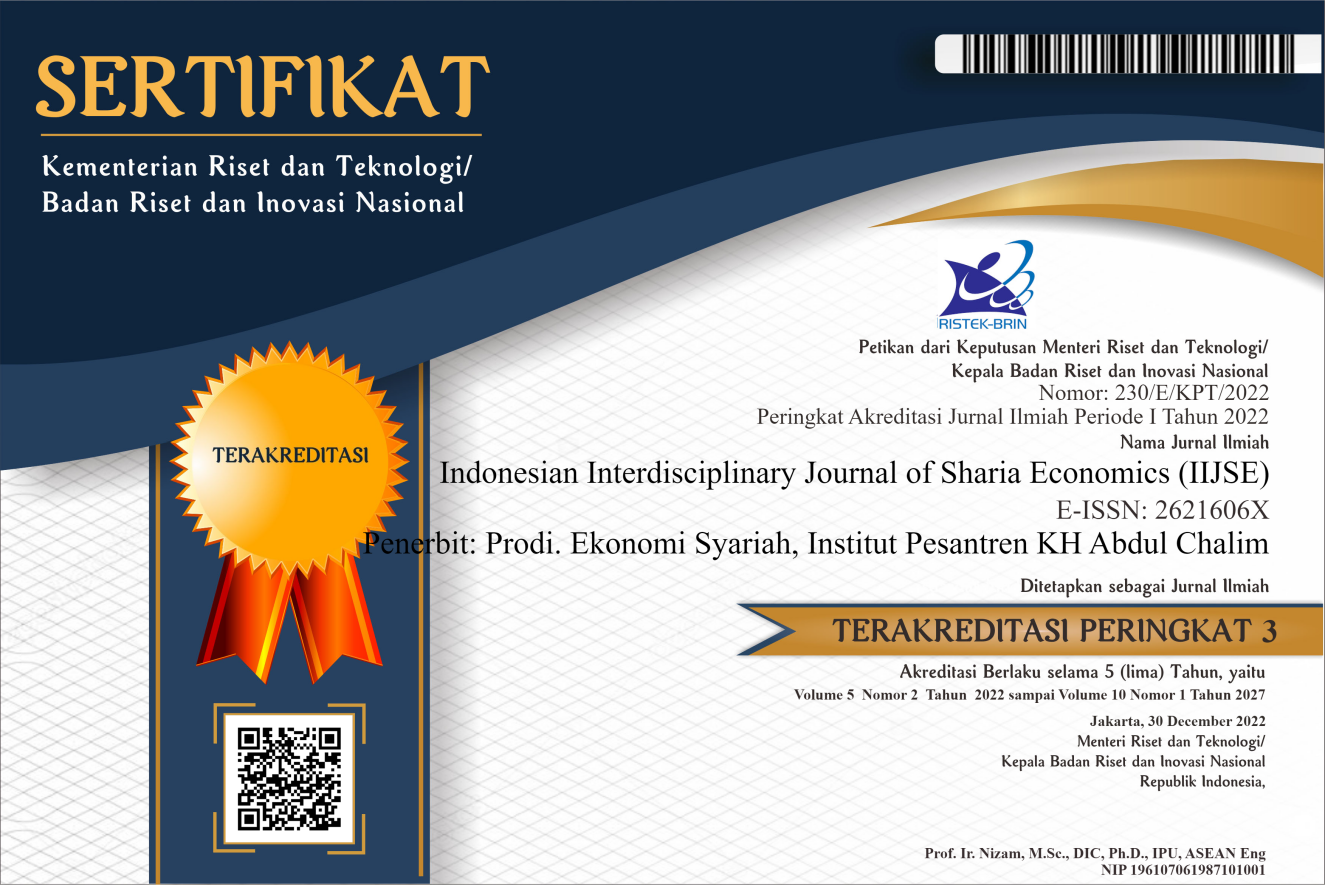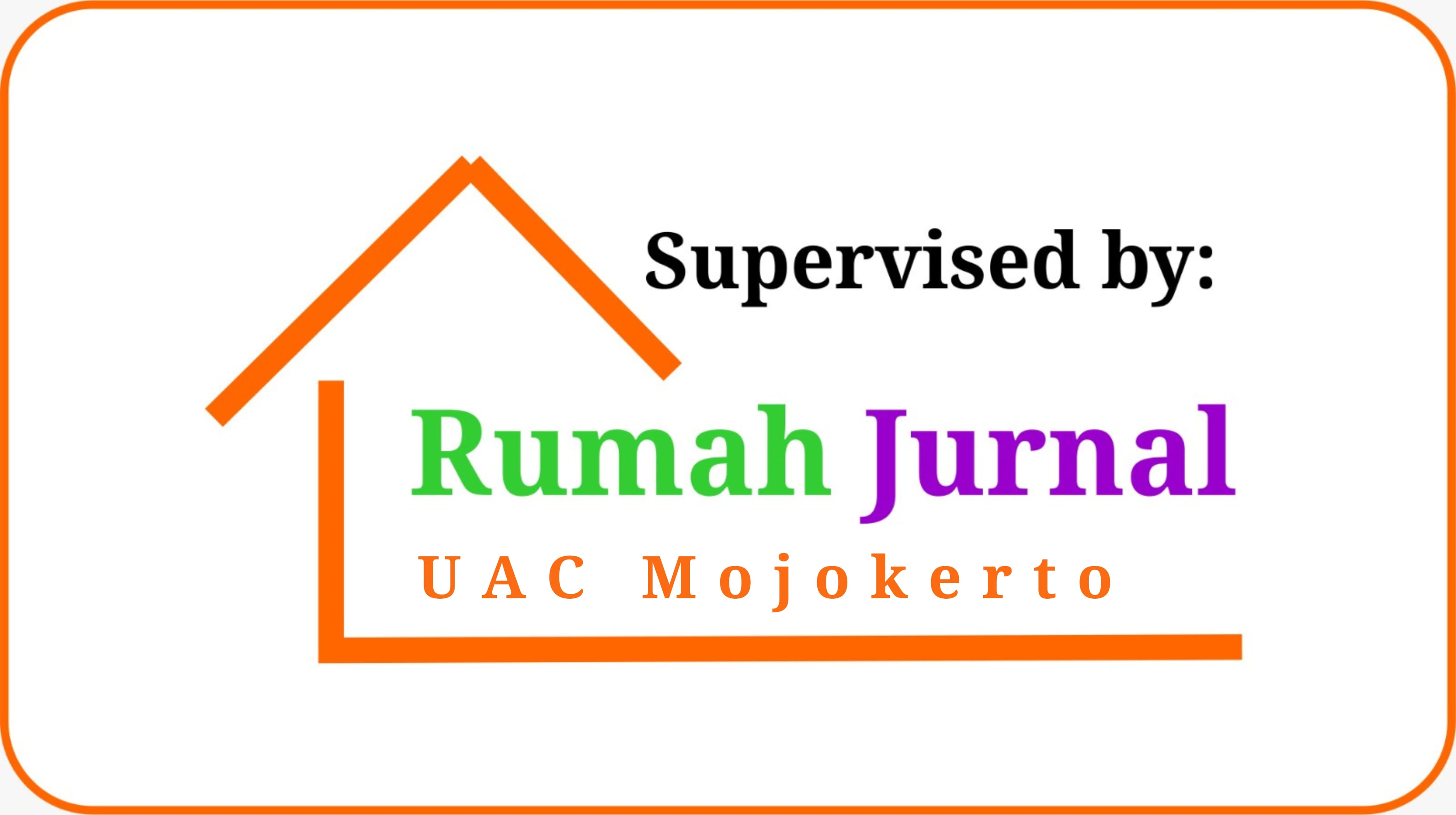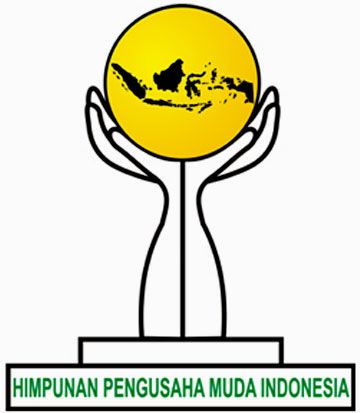The Effect of Company Liquidity and Efficiency on Profitability in the Food and Beverage Sub-Sector on the Indonesia Stock Exchange
Abstract
This study aims to identify variables that affect profitability in food and beverage companies listed on the Indonesia Stock Exchange. The addition of the quick ratio variable as an independent variable is a novelty in this study. Liquidity is measured by the current ratio, net working capital, and quick ratio while company efficiency is measured using total asset turnover. Profitability is measured by ROA and ROE. This study also includes control variables such as size, age, leverage ratio, and company growth rate to analyze the effect on profitability. This research method includes collecting data from 20 food and beverage companies over five years (2019-2023) with a total of 100 data that meet the criteria with the application of data processing analysis using panel data regression analysis techniques. The results of the study found that the current ratio has a significant positive effect on ROA and has no effect on ROE. Net working capital, company size, and growth rate do not affect ROA and ROE. Total asset turnover has a significant positive effect on ROA and ROE. The quick ratio and age have a significant negative effect on ROA and do not affect ROE. In addition, the debt ratio has a significant positive effect on ROE and does not affect ROA. This study confirms that the efficiency of asset use and liquidity management plays an important role in increasing the profitability of companies in the food and beverage sector, especially through the effect on ROA and ROE.
Downloads
References
Ali, M. (2019). Pengaruh Kepemilikan Institusional, Kepemilikan Saham Publik, Umur Perusahaan, Dan Ukuran Perusahaan Terhadap Profitabilitas Dengan Jumlah Bencana Alam Sebagai Moderasi. Jurnal Magister Akuntansi Trisakti, 6(1), 71–94. https://doi.org/10.25105/jmat.v6i1.5068
Attafuah. (2024). The impact of working capital management on the profitability of listed halal food and beverage companies. Managerial Finance, 50(3), 534–557. https://doi.org/10.1108/MF-12-2022-0606
Aurelia Septi Grace. (2021). Analisis pengaruh capital structure , cash conversion cycle , dan inventory turnover terhadap profitabilitas pada perusahaan sektor industri barang konsumsi di bursa efek indonesia. Jurnal Finacc, 7(5), 673–683.
Budiang, F. T., Pangemanan, S. S., & Gerungai, N. Y. T. (2017). Pengaruh Perputaran Total Aset, Perputaran Piutang Dan Perputaran Persediaan Terhadap Roa Pada Perusahaan Sub Sektor Perdagangan Eceran Yang Terdaftar Di Bei. Jurnal EMBA: Jurnal Riset Ekonomi, Manajemen, Bisnis Dan Akuntansi, 5(2), 1956–1966.
Claudia Yuke Kartika Sefiani & Sonang Sitohang. (2015). Pengaruh Current Ratio, Total Asset Turnover, dan Umur Perusahaan Terhadap Profitabilitas. 6.
Garg, S., & Gulia, S. (2022). Assessing the Impact of Liquidity on Profitaility of Steel Companies with Special Reference to Sail (Steel Authority of India): The Financial Statement Analysis Approach. International Journal of Mechanical Engineering, 7(5), 974–5823.
Hamzah, E. I. (2021). Pengaruh Ukuran Perusahaan, Struktur Aktiva dan Profitabilitas Terhadap Struktur Modal (Studi Kasus Pada Perusahaan Manufaktur yang Terdaftar di Bursa Efek Indonesia). Jurnal Ilmu Ekonomi Dan Bisnis Islam, 3(1), 54–78. https://doi.org/10.24239/jiebi.v3i1.52.54-78
Hidayah, A. N., Hermuningsih, S., & Maulida, A. (2023). Pengaruh Struktur Modal, Likuiditas, Perputaran Persediaan Terhadap Profitabilitas pada Perusahaan Sub Sektor Makanan dan Minuman Terdaftar di Bursa Efek Indonesia (BEI). J-MAS (Jurnal Manajemen Dan Sains), 8(1), 21. https://doi.org/10.33087/jmas.v8i1.888
Julietha, R., & Natsir, D. K. (2021). Pengaruh Likuiditas, Solvabilitas, Firm Size, Dan. Jurnal Manajerial Dan Kewirausahaan, III(2), 443.
Karim, A., Widyarti, E. T., & Santoso, A. (2023). Effect of current ratio, total asset turnover, and size on profitability: Evidence from Indonesia manufacturing companies. Diponegoro International Journal of Business, 6(1), 57–63. https://doi.org/10.14710/dijb.6.1.2023.57-63
Madyoningrum, A. W. (2019). Pengaruh Firm Size, Leverage Dan Profitabilitas Terhadap Kebijakan Deviden. Jurnal Bisnis Dan Manajemen, 6(1), 45–55. https://doi.org/10.26905/jbm.v6i1.3034
Maru Ningsi &Trihastuti Adiati. (2023). Adiati Trihastuti Program Studi Akuntansi Fakultas Ekonomi dan Bisnis Universitas 17 Agustus 1945 Surabaya. 2(1).
Maulana, B. D., & Rahayu, Y. (2022). Pengaruh Leverage, Likuiditas Dan Ukuran Perusahaan Terhadap Profitabilitas. Jurnal Informasi Akuntansi (JIA), 1(2). https://doi.org/10.32524/jia.v1i2.530
Mokhova Natalia, Z. M. (2014). the Determinants of Capital Structure: Evidence From the Slovak Republic. SGEM 2014 Scientific SubConference on Political Sciences, Law, Finance, Economics and Tourism, 2(7), 2533–2546. https://doi.org/10.5593/sgemsocial2014/b22/s6.092
Nadhifa, N. Y., & Budiyanto. (2017). Pengaruh Current Ratio , Quick Ratio Dan Cash Ratio Terhadap Profitabilitas. INKLUSIF Vol 1 No . 2 Des 2019, 1(2), 23–32.
Nguyen, T. T. C., Le, A. T. H., & Nguyen, C. Van. (2024). The Impact of Liquidity and Corporate Efficiency on Profitability. Emerging Science Journal, 8(1), 180–191. https://doi.org/10.28991/ESJ-2024-08-01-013
Novita, H., Gaol, R. L., Matanari, R., & Siahaan, M. (2022). Analisis Pengaruh Likuiditas, Solvabilitas dan Aktivitas terhadap Profitabilitas pada Perusahaan Manufaktur Makanan yang Terdapat di Bei Periode 2017-2020. Owner, 6(2), 1655–1663. https://doi.org/10.33395/owner.v6i2.806
Novyanny, M. C., & Turangan, J. A. (2019). Pengaruh Likuiditas, Ukuran Perusahaan, Umur Perusahaan Dan Pertumbuhan Perusahaan Terhadap Profitabilitas Pada Perusahaan Jasa Sektor Perdagangan, Jasa & Investasi Yang Terdaftar Pada Bursa Efek Indonesia. Jurnal Manajerial Dan Kewirausahaan, 1(1). https://doi.org/10.24912/jmk.v1i1.2790
Purnama, M. T. (2024). Pengaruh Struktur Modal Pada Modal Kerja Bersih dan Manajemen Aset Terhadap Profitabilitas. 3(1), 1–23.
Quoc, T. N. K., Nga Phan, T. H., & Hang, N. M. (2024). the Effect of Liquidity on Firm’S Performance: Case of Vietnam. Journal of Eastern European and Central Asian Research, 11(1), 175–186. https://doi.org/10.15549/jeecar.v11i1.1344
Rachmita, Y., & Ardini, L. (2019). Pengaruh Bank Relationship Dan Struktur Modal Terhadap Profitabilitas ( Studi Pada Perusahaan Manufaktur Yang Terdaftar Di Bursa Efek Indonesia ). Jurnal Ilmu Dan Riset Akuntansi, 8(12).
Rahman, F., & Sunarti. (2017). Pengaruh Marketing Expense, Ukuran Perusahaan dan Umur Perusahaan terhadap Tingkat Profitabilitas Perusahaan (Studi Empiris pada Industri Sektor Perbankan Indonesia yang Listing di BEI Periode 2011-2015). Jurnal Administrasi Bisnis, 52(1), 146–153.
Sari, N. A. P., & Riharjo, I. B. (2021). Pengaruh Rasio Likuiditas Dan Rasio Aktivitas Terhadap Profitabilitas Perusahaan Food and Beverage. Jurnal Ilmu Dan Riset Akuntansi , 10(9), 1–16.
Sinarti, S., & Darmajati, J. (2019). Pengaruh Leverage, Diversifikasi Produk Dan Ukuran Perusahaan Terhadap Profitabilitas. Journal of Applied Managerial Accounting, 3(1), 96–106. https://doi.org/10.30871/jama.v3i1.966
Tiffany, T., & Sufiyati, S. (2023). The Analysis of Factors Affecting Profitability. International Journal of Application on Economics and Business, 1(1), 603–612. https://doi.org/10.24912/v1i1.603-612
Utami, M. T., & Manda, G. S. (2021). Pengaruh Working Capital Turnover (Wct), Current Ratio (Cr), Dan Total Assets Turnover (Tato) Terhadap Profitabilitas. Moneter - Jurnal Akuntansi Dan Keuangan, 8(1), 1–8. https://doi.org/10.31294/moneter.v8i1.8798
Yusup, W. E., & Hariani, S. (2023). The effect of receivables turnover, inventory turnover and current ratio on profitability. Jurnal Riset Manajemen Dan Bisnis, 8(1), 23–32. https://doi.org/10.36407/jrmb.v8i1.987
Copyright (c) 2025 Rahmalia Utami, Ardhia Pramesti, Farah Margaretha Leon

This work is licensed under a Creative Commons Attribution-ShareAlike 4.0 International License.
Authors who publish with this journal agree to the following terms:
- Authors retain copyright and grant the journal right of first publication with the work simultaneously licensed under a Creative Commons Attribution License that allows others to share the work with an acknowledgment of the work's authorship and initial publication in this journal.
- Authors are able to enter into separate, additional contractual arrangements for the non-exclusive distribution of the journal's published version of the work (e.g., post it to an institutional repository or publish it in a book), with an acknowledgment of its initial publication in this journal.
- Authors are permitted and encouraged to post their work online (e.g., in institutional repositories or on their website) prior to and during the submission process, as it can lead to productive exchanges, as well as earlier and greater citation of published work.


















